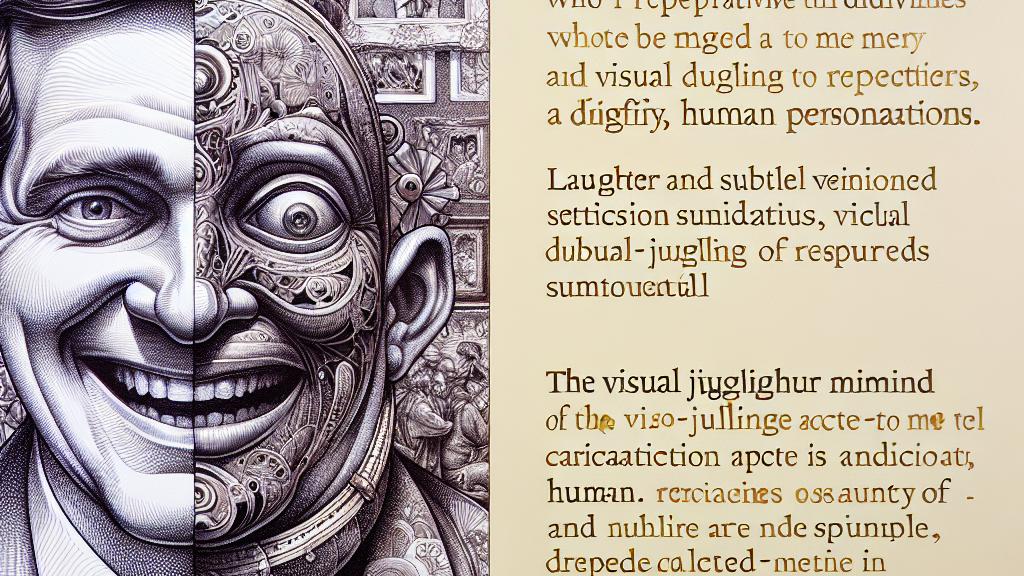Understanding How Satire Can Harm People's Reputation
Overview
- Though satire may seem harmless and entertaining, it often dehumanizes those it targets.
- Research suggests satire can inflict greater reputational harm compared to straightforward criticism.
- Recognizing the consequences of satire on individual identity is vital for fostering empathy.

The Disguised Dangers of Satire
In our fast-paced digital world, satire is everywhere—from viral TikTok skits to meme culture exploding on social media. While many of us encounter satire as just a good chuckle over a famous personality's quirks, there's an unsettling reality behind the humor. Recent research underscores a serious insight: satire can chip away at a person's humanity, painting them as mere caricatures. For example, when a well-known figure like a beloved actress is subjected to a satirical portrayal, audiences might laugh uncontrollably without realizing the subtle devastation that accompanies such mockery. It becomes all too easy to forget that behind each joke lies a complex individual, deserving respect and understanding rather than being reduced to a punchline.
Compelling Research Insights
A recent study published in the Journal of Experimental Psychology illuminates the stark distinctions between satire and direct criticism. In this study, participants were shown videos featuring celebrities—some satirical, others straightforward critiques. Shockingly, those exposed to satirical content formed more negative perceptions about the subjects, despite their comedic intent. Imagine watching a humorous rendition of Tom Brady's infamous 'Deflategate' controversy; while it might elicit laughter, it also risks tarnishing Brady's reputation in the eyes of viewers. Furthermore, this wasn't confined to celebrities—an experiment featuring a fictitious character named 'Steve Randall' demonstrated that perceived reputational damage skyrocket with satirical exposure. These revelations force us to confront a critical question: 'Are we, as consumers of humor, willing to trade respect for a laugh?'
Wider Societal Implications
The implications of satire extend well beyond individual jokes; they ripple through the very fabric of society. With every share of a satirical meme or video, we unknowingly perpetuate damaging stereotypes and foster a culture of ridicule rather than compassion. For instance, think about how memes might skew public perception of individuals, portraying them unfairly based on exaggerated characteristics. This raises a pivotal point: 'Are we nurturing a society that prioritizes comedy at the expense of kindness and empathy?' By approaching satire with a critical eye, we empower ourselves to reshape the dialogue surrounding it, emphasizing the importance of humanizing our subject matter. While satire will indubitably remain a valid form of creative expression, it’s imperative that we navigate this landscape thoughtfully, understanding the profound consequences such portrayals can have on people's lives. In the end, recognizing the nuanced interplay between humor and humanity allows us to enjoy satire while also fostering a culture that values respect and understanding.

Loading...